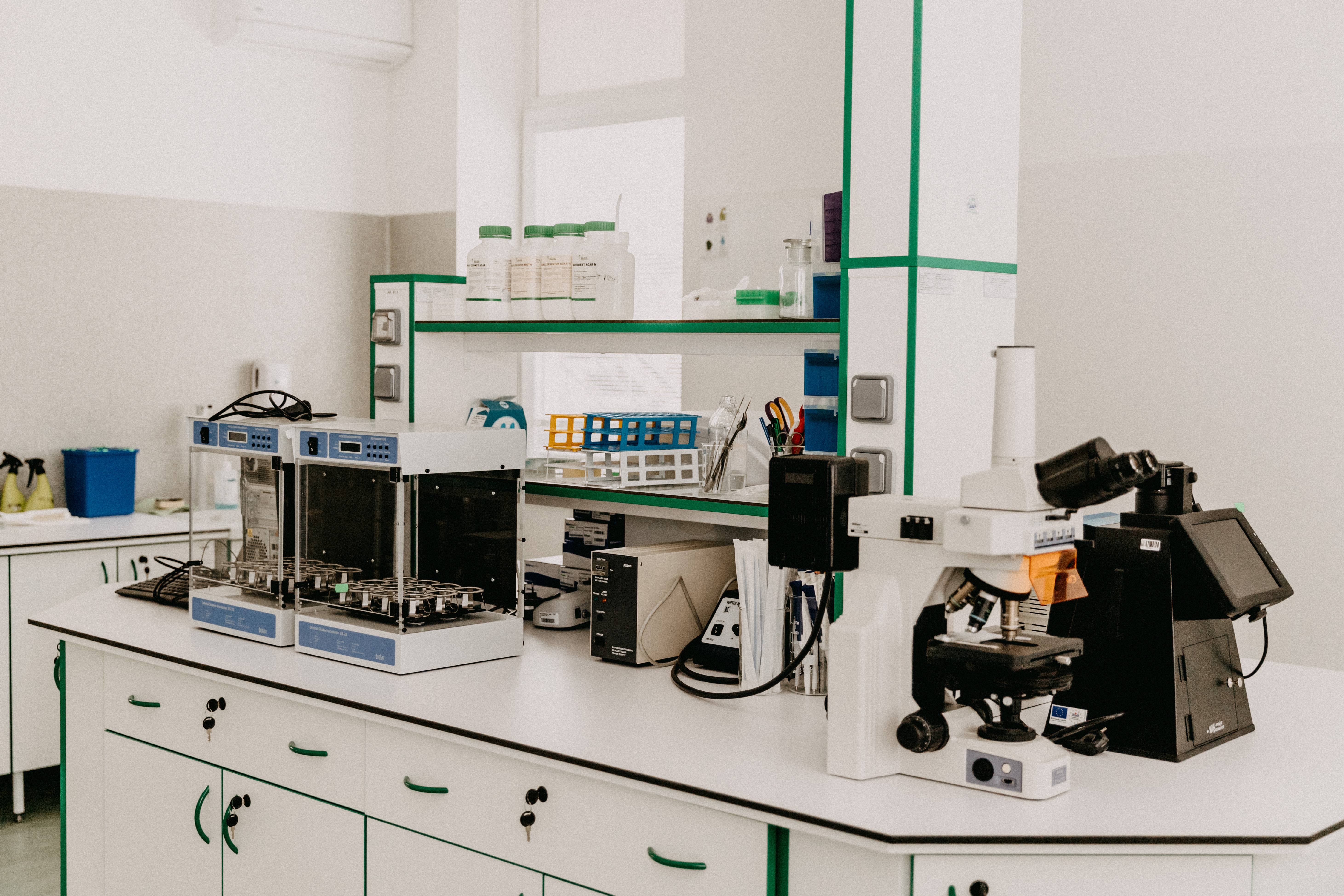Amid the Turmoil of Covid, Biosafety Legislation Gets Political
By Michael Schulson,
Undark Magazine
| 06. 27. 2022
Photo by Trnava University on Unsplash
IN MARCH 2021, three members of Congress sent a long letter to the director of the National Institutes of Health, the country’s premier funder of biomedical research. The lawmakers help lead a House subcommittee overseeing public health, and they wanted details about the agency’s support of coronavirus research in Wuhan, China, site of the first reported cases of Covid-19.
Their concerns about that research — and its possible role in the pandemic’s origin — were growing more mainstream. Days earlier, a group of 26 scientists and biosecurity experts had called for an investigation into a possible lab leak. In the coming weeks, a chorus of prominent scientists, including the head of the World Health Organization, would make similar appeals.
Conspicuously absent from the Congressional letter — and subsequent requests from the subcommittee — were the signatures of any Democrats. The omission seemed illustrative of a broader dynamic: The pandemic has brought unprecedented public attention to the safety practices of laboratories that work with dangerous pathogens. But it has also polarized a conversation about lab security that...
Related Articles
By Vittoria Vardanega, SWI swissinfo.ch | 02.13.2026
In recent years, sperm donation has produced family trees of unprecedented size, stretching across countries and, in some cases, continents. Stories of “mass donors” have captured public attention, most recently through the Netflix documentary series, The Man with 1,000 Kids...
By Jonathan D. Moreno, Hastings Center Bioethics Forum | 02.09.2026
When I began to write a book about bioethics and the rules-based international order, the idea that the world was facing the greatest geopolitical change since World War II was uncontroversial for those who were paying attention to such esoterica...
By Zachary Brennan, Endpoints News | 02.23.2026
The FDA is spelling out the details of a new pathway to help speed personalized cell and gene therapies to market for rare diseases.
Monday’s long-awaited draft guidance outlines the agency’s “plausible mechanism” framework, a pathway FDA Commissioner Marty Makary...
By David Jensen, California Stem Cell Report | 02.10.2026
Touchy issues involving accusations that California’s $12 billion gene and stem cell research agency is pushing aside “good science” in favor of new priorities and preferences will be aired again in late March at a public meeting in Sacramento.
The...




